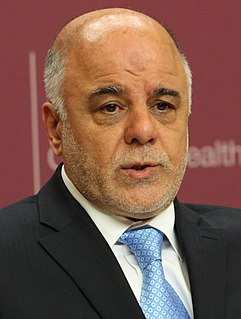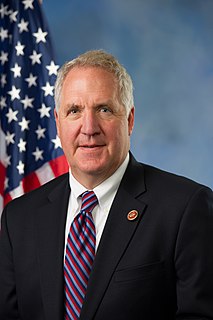A Quote by Roy MacGregor
The Canadian Identity, it seems, is truly elusive only at home. Beyond the borders Canadians know exactly who they are, within they see themselves as part of a family, a street, a neighbourhood, a community, a province , a region, and on special occasions like Canada Day and Grey Cup weekend and, of course, during the Winter Olympics, a country called Canada. Beyond the borders, they pine; within the borders, they more often whine
Quote Topics
Beyond
Borders
Canada
Canada Day
Canadian
Canadians
Community
Country
Course
Cup
Day
Elusive
Exactly
Family
Grey
Home
Identity
Know
Like
More
Occasions
Often
Olympics
Only
Part
Pine
Province
Region
See
Seems
Special
Special Occasion
Street
Themselves
Truly
Weekend
Whine
Winter
Winter Olympics
Within
Related Quotes
Developing countries can make great strides towards more progressive and effective taxation and spending through action within their own borders. But the damage caused by exemptions, loopholes, and tax havens requires action beyond national borders - it requires international action and cooperation.
I am the kind of person who doesn't recognize borders. I don't understand why we think it is okay to keep someone within one border when they are unable to feed their family when they could be getting help somewhere else. I don't see people as different so I don't understand the idea of borders in this world.
Secretly, the Bush administration is pursuing a policy to expand NAFTA politically, setting the stage for a North American Union designed to encompass the U.S., Canada, and Mexico. What the Bush administration truly wants is the free, unimpeded movement of people across open borders with Mexico and Canada.
One of the metaphors of the book is the carpet. Not just the flying carpet, but the carpet as a woven surface in which many repetitions and motifs recur and mirror one another. This is very much reflected within the stories: they have borders within borders, repeated motifs which change. They have their feet in oral conventions, and for the mnemonics, the storyteller needs to have a structure in order to remember the stories.
The potential of Mexico, Canada and the United States is enormous. We have a combined population of half a billion people; peaceful trade-friendly borders that are the envy of the world; the prospect of energy independence is within reach and will change the geopolitical situation of United States; we do a trillion dollars in trade among the three countries; more than 18,000 American companies are involved in foreign direct investment in Mexico and Canada; an increasing number of Mexican companies are creating jobs in the United States.
If we start thinking simply nationally, and we start having policies that try and restrict the benefits only within our borders, and try and implement protectionist measures as a consequence, this will not have the effect we need to have on the global economy. And that's ultimately the global economy that's pulling most of us down, particularly countries like Canada, that aren't the source of these current economic troubles.


































